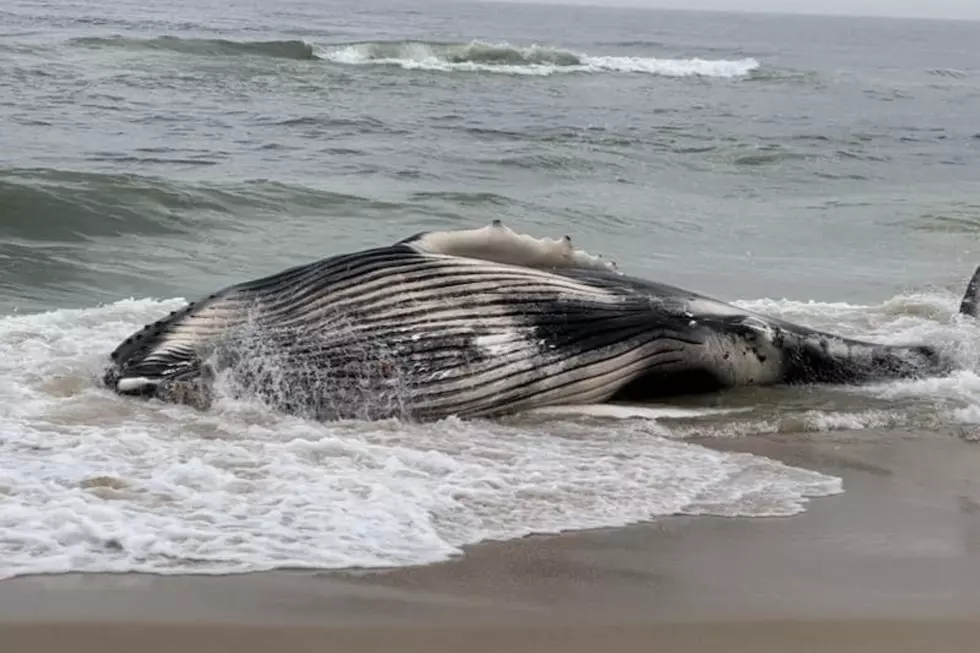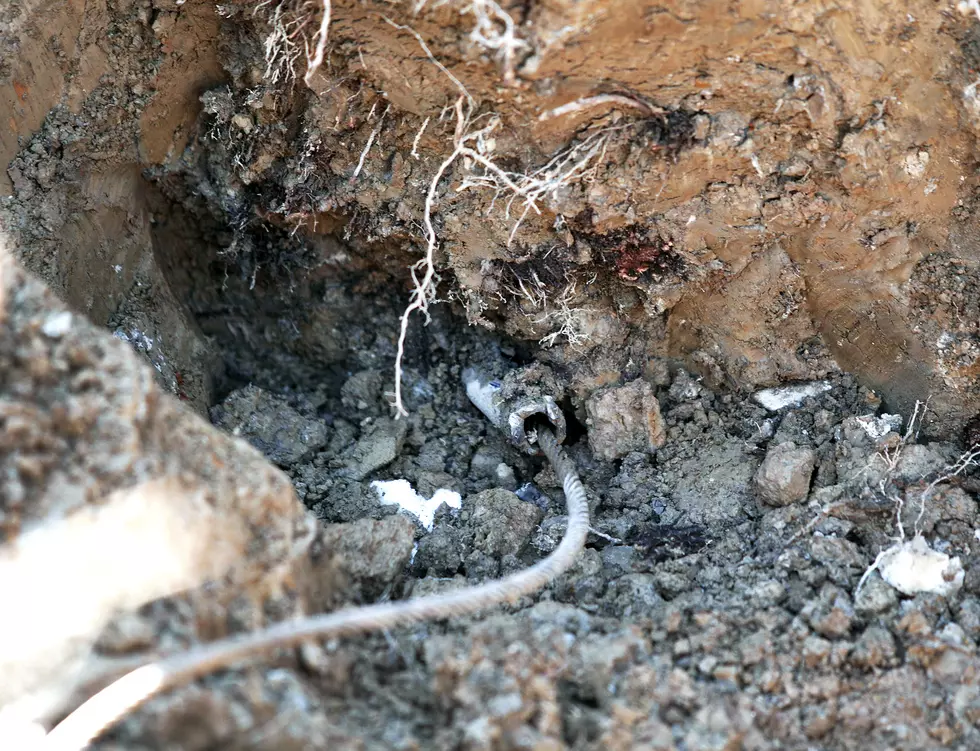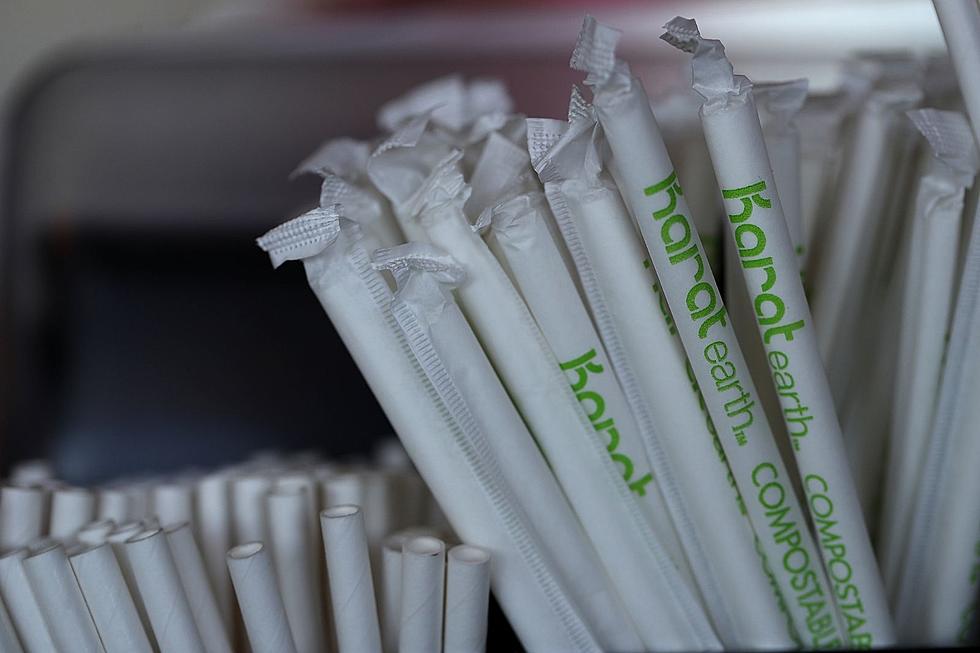
NJ Lawmakers Consider Voiding DEP’s New Rules on Development Near Waterways
The seemingly dry topic of water-protection rules could provoke a Statehouse rarity by month’s end: A legislative veto that invalidates new Department of Environmental Protection rules.
On the chopping block are new DEP rules governing development in flood-hazard zones and management of coastal zones and storm water. Environmental groups say the changes being put into motion by Gov. Chris Christie’s administration would increase flooding and pollution of water supplies and trout streams by reducing or eliminating buffers around rivers and tributaries.
“Those rules are there to protect the water you and your family drink, cook with and bathe in,” said William Kibler, director of policy for the Raritan Headwaters Association.
The Senate environment committee will take testimony Monday on whether the Legislature should invalidate the rule. David Pringle, New Jersey campaign director for Clean Water Action, said it’s imperative that the Legislature do so before its summer break, likely to begin at the end of June.
“Christie’s flood hazard proposal would put more folks in harm’s way in flood-prone areas and make those floods worse,” Pringle said.
“Gov. Christie’s efforts to roll back clean water regulations – through the flood hazard regulations, the Highlands regulations, stopping the release of the Water Supply Master Plan – will create generations of dirty water problems if we allow him to be successful,” said Jennifer Coffey, executive director of the Association of New Jersey Environmental Commissions.
Critics of the DEP’s plan are inaccurately portraying it, said Michele Siekerka, president and chief executive officer of the New Jersey Business & Industry Association.
“There’s a lot of misperception around what these rules are,” Siekerka said.
“They’re common sense and practical,” she said. “We don’t think that they have any backsliding in them, and they’re very, very important to redevelopment and New Jersey’s economy for the future.”
“Our review of these rules show that it is meant to provide for responsible development. There are many checks and balances that remain in play,” Siekerka said. “And these rules have been worked on for years at DEP with input from all stakeholders.”
DEP spokesman Bob Considine said the flood-hazard rule maintains a 300-foot riparian zone for streams, C1-designated waters and their tributaries, and he said the revised rule disallows septic systems within 50 feet of rivers and streams, up from the 25 feet in the old rule.
“We do believe we have made significant changes upon adoption to address issues and concerns that had been previously raised. We also maintain that this rule is still a strict rule that does not relax standards,” Considine said.
“The revisions of the rule only reduce the complexities of duplicative and conflicting regulations,” he said. “Some of the green groups have portrayed this as something else, even with the changes. But the fact of the matter is the standard of protections of waterways and mitigation of flooding are maintained. In some cases, they have been raised.”
While the state constitution gives the Legislature the authority to invalidate existing and proposed regulations and rules, under an amendment approved by voters in 1992, the power is rarely used.
The Legislature has only voted once to invalidate a rule Christie’s six and a half years as governor. In December 2014, lawmakers squashed a “job banding” rule adopted by the Civil Service Commission. The administration says the vote was improper because it modified its rule change.
The Legislature voted in two other instances to declare state rules inconsistent with legislative intent but didn’t do the follow-up step of invalidating the rules: In 2010 on medical marijuana rules and in 2015 on ending participation in the Regional Greenhouse Gas Initiative carbon-emissions program.
Lawmakers voted in January to object to rule changes in three areas. The vote was cast mostly along partisan lines, with Democrats wanted to put the administration on notice and Republicans opposing the resolution, with a few exceptions: Republicans Christopher "Kip" Bateman and Robert Singer voted yes, while Democrat Jeff Van Drew voted no and Paul Sarlo didn’t vote.
Jeff Tittel, director of the New Jersey Sierra Club, said the DEP made relatively minor changes to one rule and the flood-hazard rules were adopted. He said there’s no guarantee the other changes will actually get adopted.
“They adopted the rule and signed it, and they’re going to make the changes separate, so it could be a bait-and-switch,” Tittel said.
“We have learned that you can’t trust the Christie administration,” said Doug O’Malley, director of Environment New Jersey.
“We’re calling on the Legislature to finish the job,” Tittel said. “Finish the job and pull down these rules. Let’s protect New Jersey’s drinking water and high-quality streams for future generations.”
“It’s time for the Legislature and members of both parties not to be bullied by Chris Christie, to stand up for clean water,” O’Malley said.
An Assembly committee voted in March to invalidate the water rules, but a vote by the full Assembly hasn’t yet been held. Assemblyman John McKeon, D-Essex, last week said the revised rule “is nearly as detrimental” as the original one.
Environmental groups are also fighting a proposal to allow more septic systems to be permitted in the Highlands region, where development has been limited since 2004 in an effort to protect drinking water.
More From WPG Talk Radio 95.5 FM










